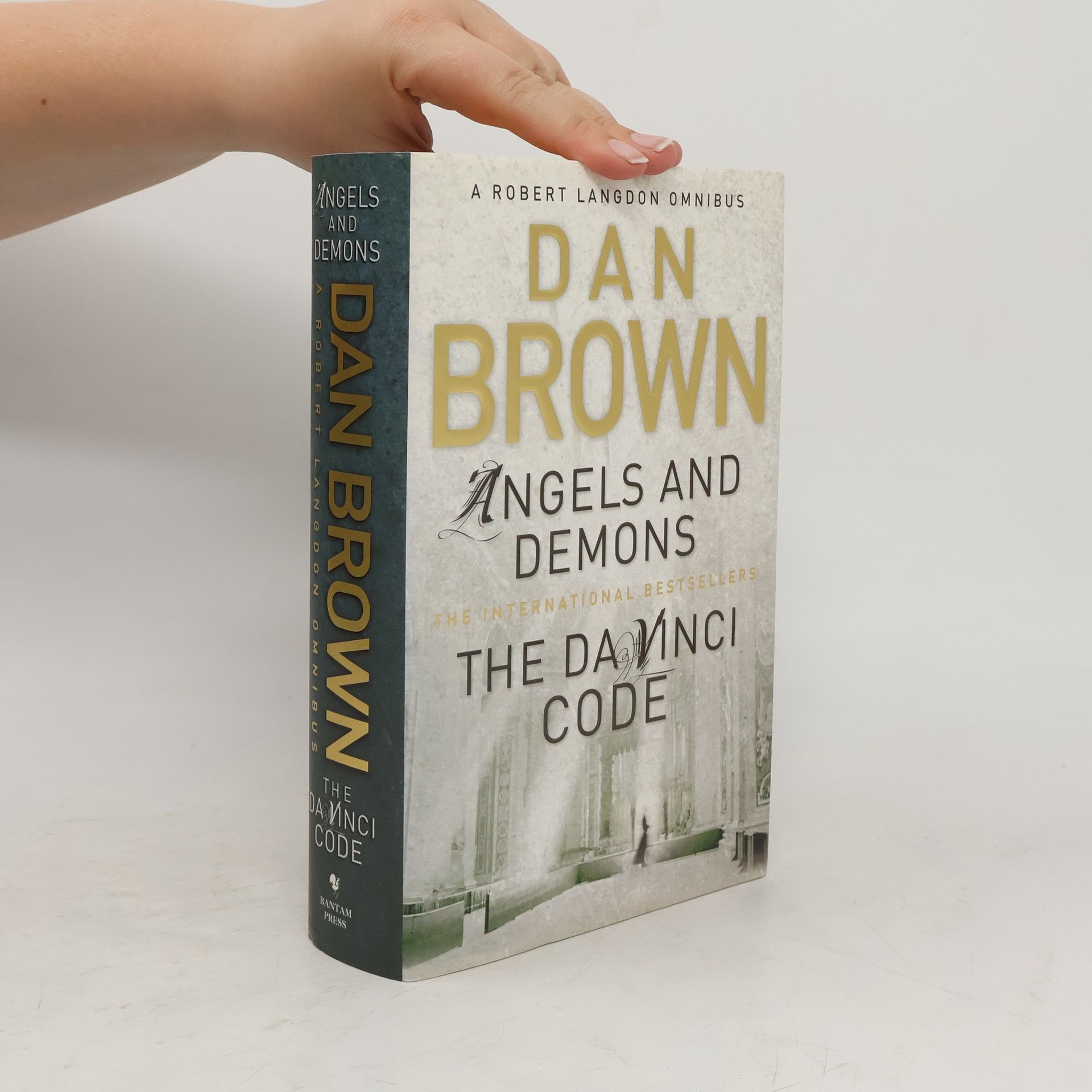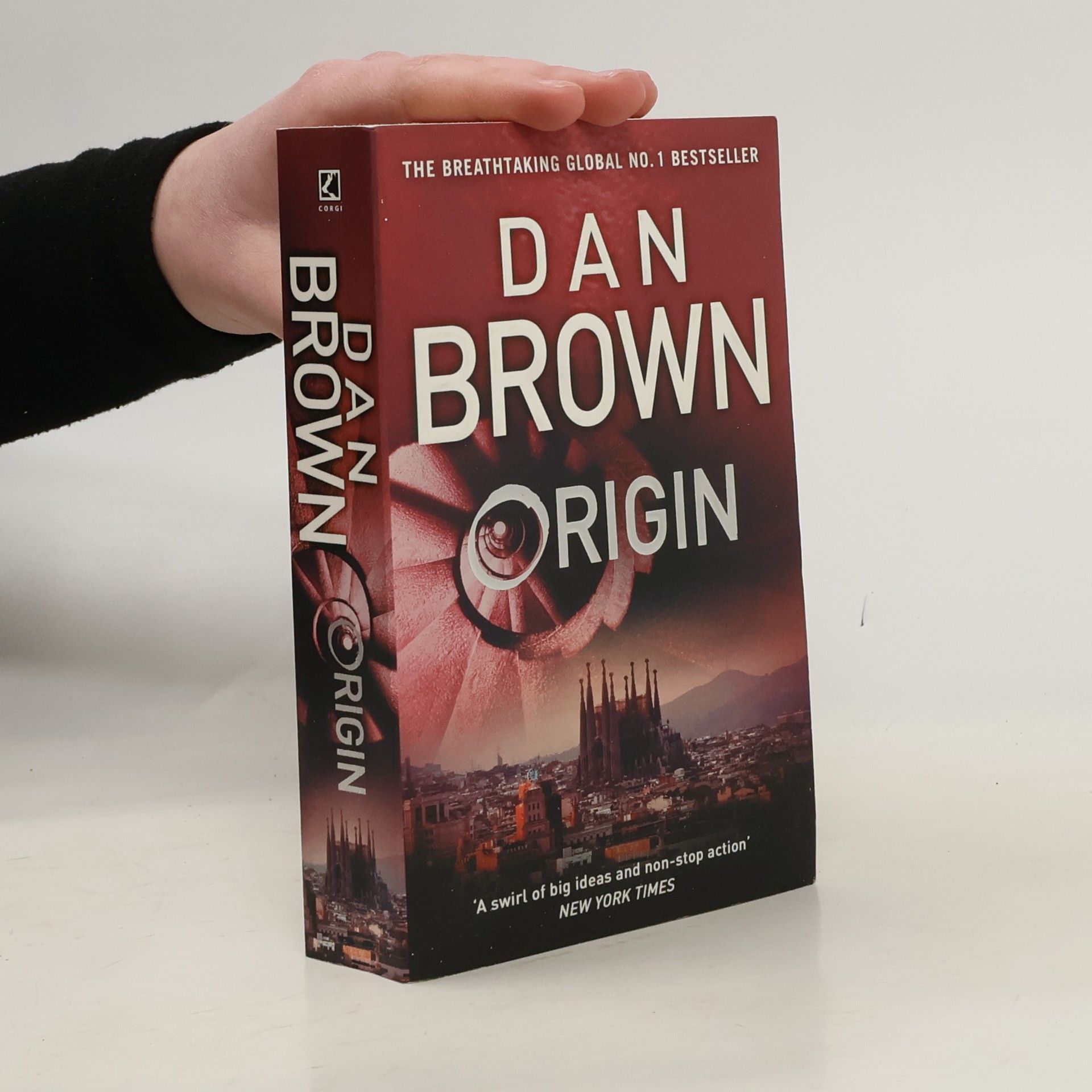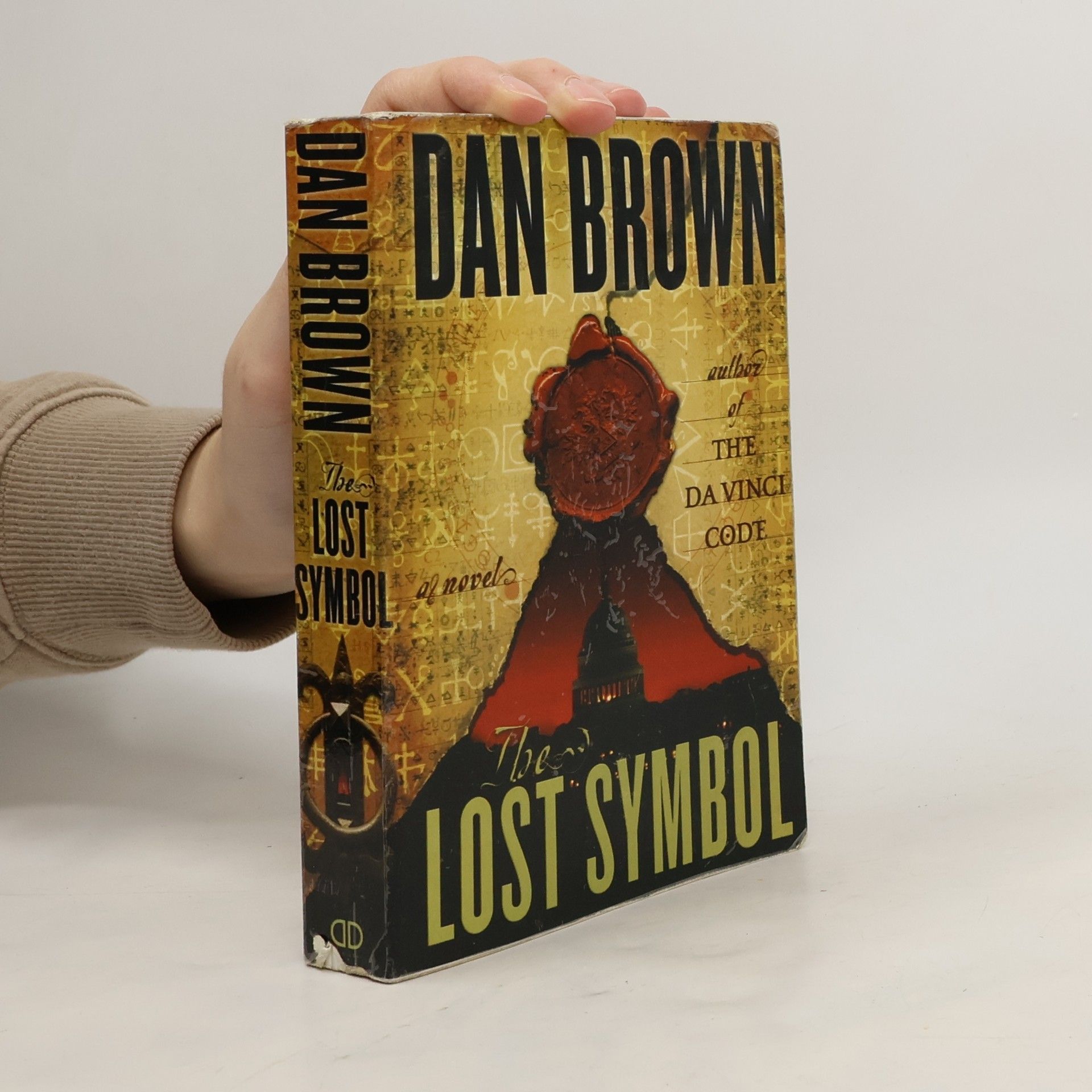4x Dan Brown. Boxed Set
Digital Fortress; Deception Point; Angels and Demons; The Da Vinci Code
- 4 volumes
This boxed set brings together four of Dan Brown’s high-octane thrillers: Digital Fortress, Deception Point, Angels and Demons and The Da Vinci Code. From an unbreakable code that can cripple U.S. intelligence and a shocking discovery in Arctic ice that could sway a presidential election, to a secret war in Vatican City and a murder in the Louvre pointing to a hidden history, each story pushes its heroes into deadly conspiracies. Cryptographers, analysts and symbologist Robert Langdon race against time, decoding clues buried in technology, politics, religion and art. Packed with twists, codes and moral dilemmas, this collection is a fast-paced tour through the darker corners of power and belief.










